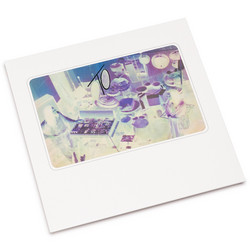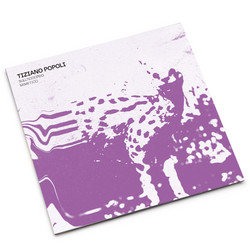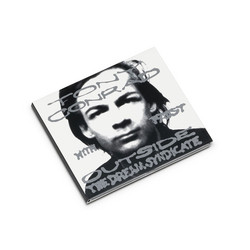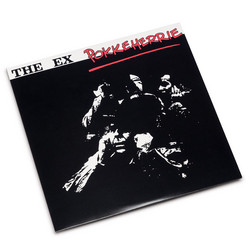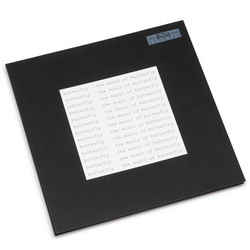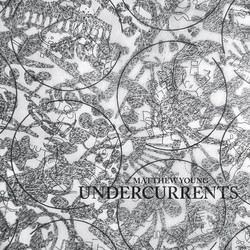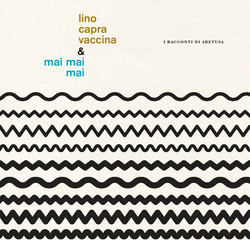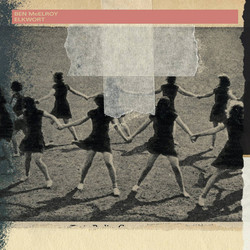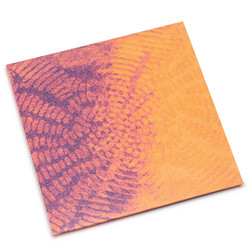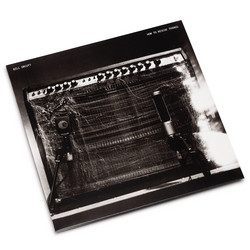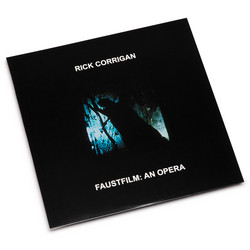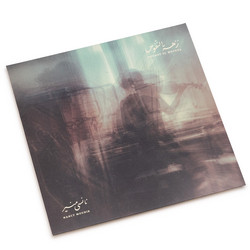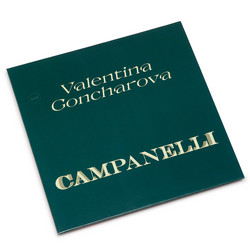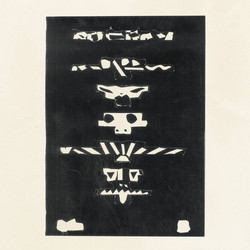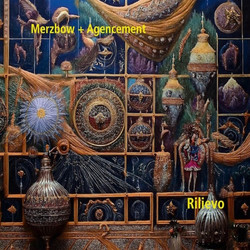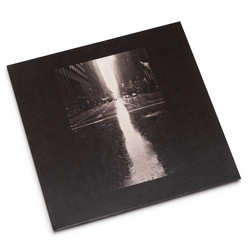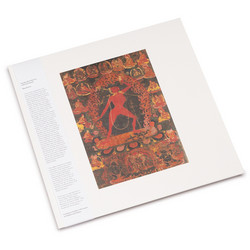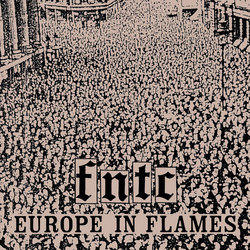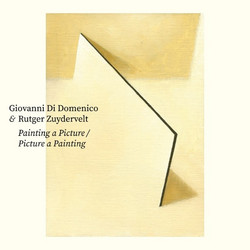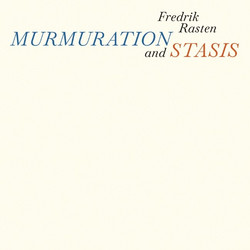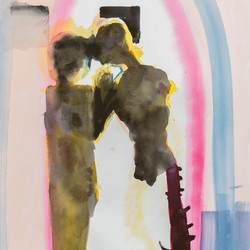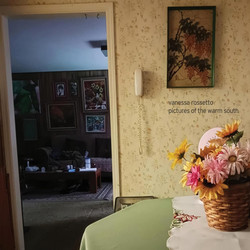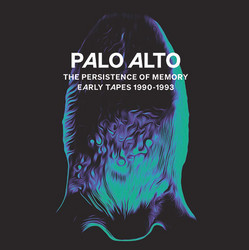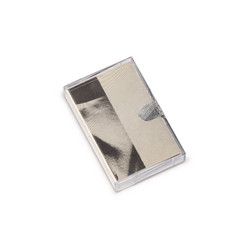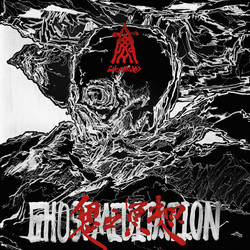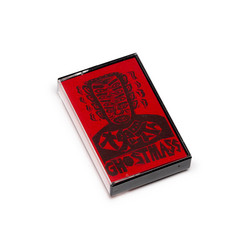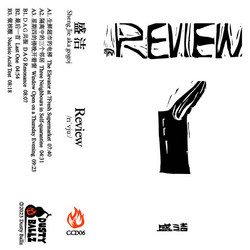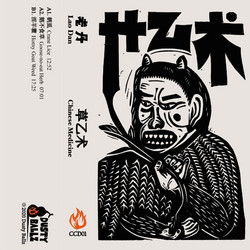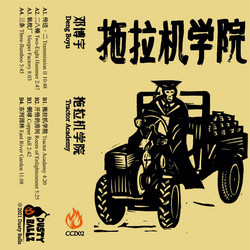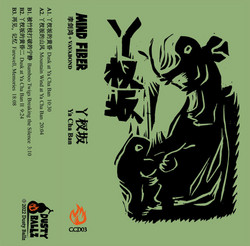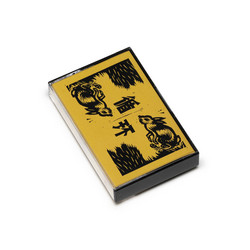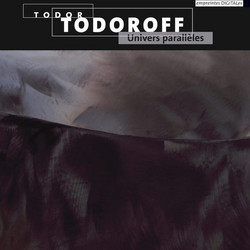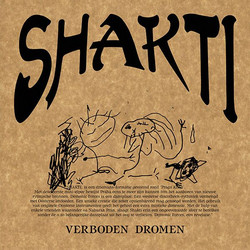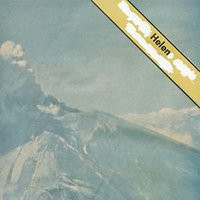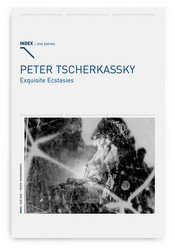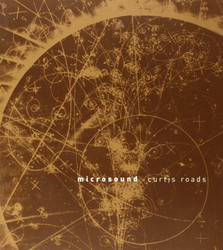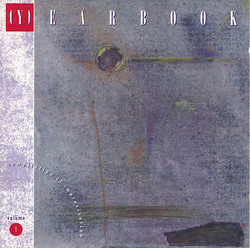*50 copies limited edition* September 2019, during a residency exchange programme curated by the Lijiang Studio, Chunyang Yao set foot in Shiraoi, a town in Hokkaido historically populated by Japan’s indigenous people, the Ainu. A peculiar sense of inversion struck her. Being a Naxi artist emerging from the southwestern city of Lijiang, Yao had become accustomed to performing under a certain exotic gaze in China. Yet, dipping into the arcane, almost bygone lifeworld of the Ainu, for the first time she found herself to be the curious spectator upon another ethnic group, in whom she saw, with profound ambivalence, the shadow of her own people. This moment of entanglement reverberates on, slowly translating into a delicate resonance between two ethnic minority traditions, both struggling for the right to remembrance on the margins of modernity. If memory is audible, does forgetting make a sound? This question drove the making of Post-Oblivion.
Unlike what the title suggests, listening to Post-Oblivion demands emotion. Side A of the cassette contains a composition in five movements, which is based on field recordings collected during Yao’s stay in Hokkaido; Side B presents a long-form improvisation of voice, noise samples, and synthesisers, the track gets its title “AyuDabuya” from the babbling of Yao’s daughter after she heard the recording. Respectively, the two sides showcase Yao’s unique artistic sensibility as a composer and as a vocal/electronics improviser. Together they also present an intricate landscape of sound, cut across by her multiple, overlapping identities: as a contemporary artist, a mother, a Naxi descendent, and a traveller in a foreign land.
The Ainu and the Naxi share a pantheistic vision of nature, through which religion and culture are embedded in their environmental surroundings. In the Naxi Dongba script, to say “without a sound” takes four glyphs: a lead stone, a pair of horns, a waning moon, and quark. Likewise, instead of recording directly with the Ainu community, Yao gathered musical cues from Hokkaido’s natural soundscape — onshore breezes, a raging geyser, cries of the seagulls, and crows hovering above the seaside town of Tomakomai. She stitched them with a fragmented chant of the ancient Naxi proverb: “All food and clothing arise from the soil”, which weaves in and out just like her own wandering presence on the island. Post-Oblivion, as such, sings about loss but also perpetuity. Through nature’s own rhythm and harmony, it channels a roaring silence confronting colonial pasts and the politics of cultural memories.
